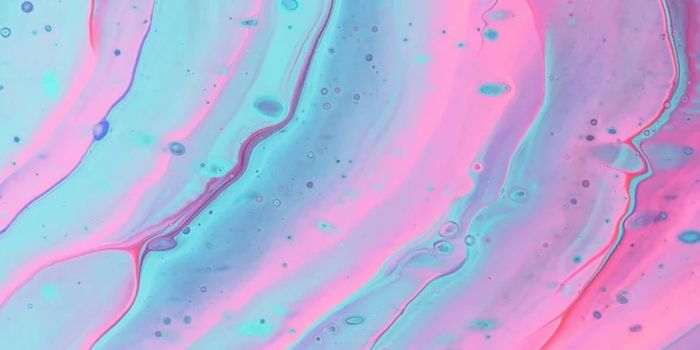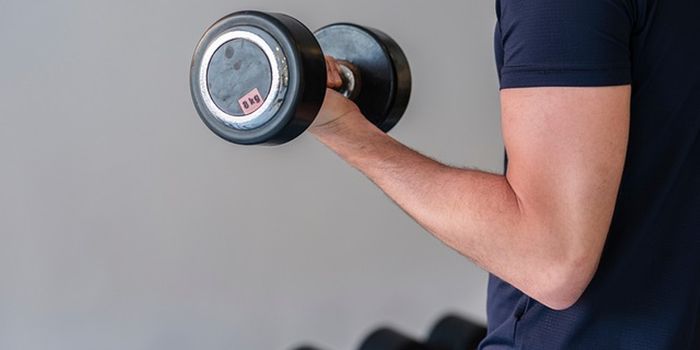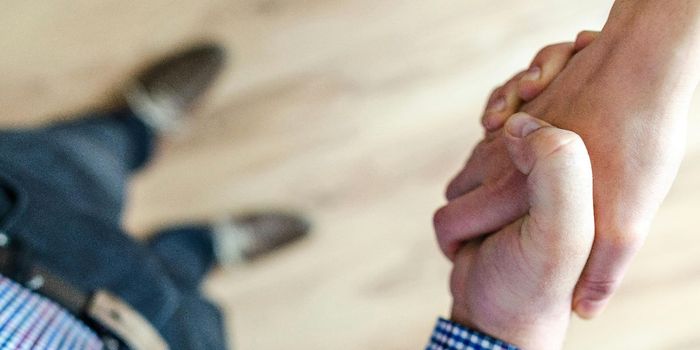A new study has unveiled an interesting paradox in our late-night snacking habits. It turns out the nachos with beer or ice cream with chocolate shavings (depending on whether you're a salty or sweet craver, of course) holds less appeal to the reward-related area of your brain than it would have earlier in the day.
This finding raises the question: if the joy you experience from the snack isn't as high as it would have been from eating the same snack earlier in the day, are you inclined to eat more to try attaining the same "high?"

In a study published in Brain Imaging and Behavior, BYU researchers used fMRI to measure how participants' brains responded to high- and low-calorie food images at different times of the day. That images of food, especially high-calorie food, can generate spikes in brain activity wasn't surprising; but that those neural responses were lower in the evening was a revelation.
The discovery prompted lead author Travis Masterson to say: "You might over-consume at night because food is not as rewarding, at least visually at that time of day It may not be as satisfying to eat at night so you eat more to try to get satisfied."
The study noted that participants were subjectively more preoccupied with food at night even though their self-reported hunger and "fullness" levels were similar to those they reported during other times of the day.
Teaming with BYU neuroscientist Brock Kirwan, the researchers used functional MRI to monitor the brain activity of participants while they viewed images of food. The subjects viewed 360 images over the course of two separate sessions--one held in the morning and one conducted during evening hours.
Subjects looked at images of both low-calorie foods (e.g., vegetables, fruit, grains, and fish) and high-calorie foods (candy, cookies, ice cream, and some fast-food favorites). As expected, the researchers found greater neural responses to images of high-calorie foods. They were surprised to see lower reward-related brain reactivity to the food images in the evening.
"We thought the responses would be greater at night because we tend to over-consume later in the day," said study coauthor Lance Davidson, a professor of exercise sciences. "But just to know that the brain responds differently at different times of day could have implications for eating."
Results of the study and preliminary, and additional work is needed to verify and better understand the findings. Possible next research steps include determining the extent that the neural responses translate into eating behavior and the implications for weight management.
The above story is based on materials provided by Brigham Young University and can be located through the following citation: Travis D. Masterson, C. Brock Kirwan, Lance E. Davidson, James D. LeCheminant. Neural reactivity to visual food stimuli is reduced in some areas of the brain during evening hours compared to morning hours: an fMRI study in women. Brain Imaging and Behavior, 2015; DOI: 10.1007/s11682-015-9366-8
Follow Will Hector on Twitter: @WriterWithHeart
(Source: Science Daily)









